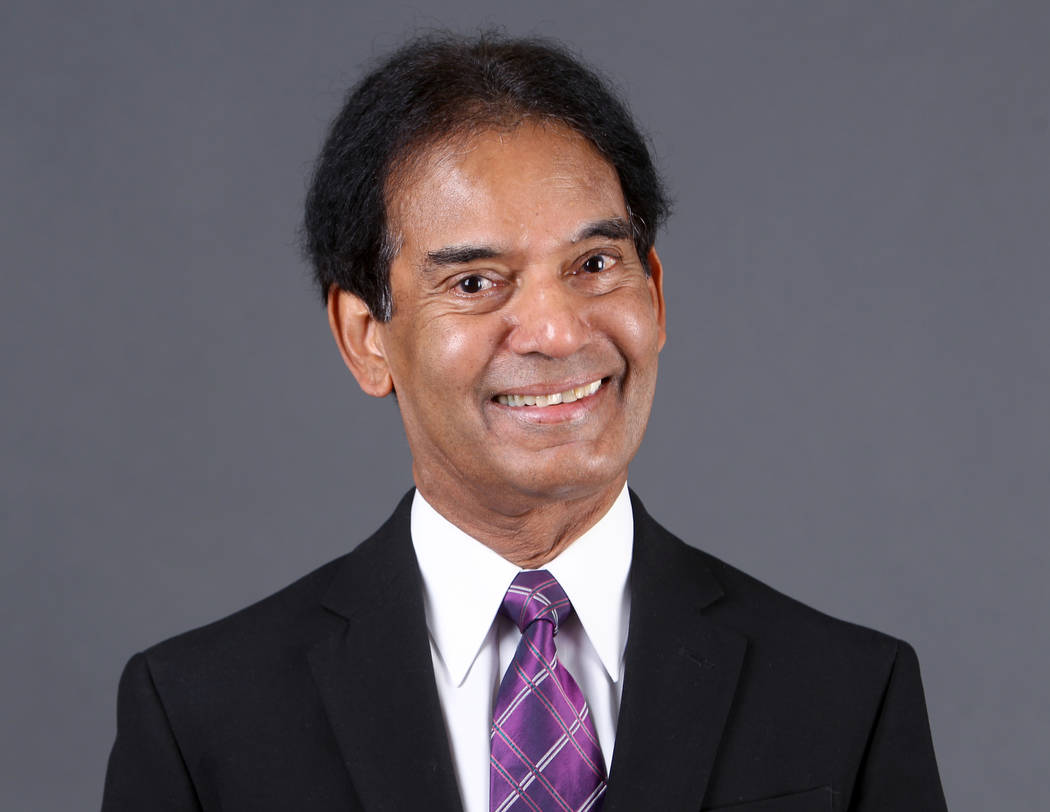
There is growing optimism that Nevada’s economy is on the mend. The business environment indicates strong promise of growth over the next several years. Part of the reason for this optimism is the federal tax law that was enacted in December 2017, which dramatically reduced the corporate tax on profits and encouraged multinational corporations, which sheltered abroad profits earned overseas, to repatriate those profits. Our tax system is now competitive with other nations and our companies would now remain under U.S. ownership and those businesses that moved overseas may return to our shores.
In short, the benefits of our new tax code will create robust demand for jobs in our country. The reduced federal regulation of our businesses is adding confidence that they can compete in world economy.
In addition, partly because of the 2017 federal tax reform that curtailed certain deductions from wages, and primarily because of the sky-rocketing real estate prices and high state income tax structure in states like California, both individuals and corporations from California are beginning to migrate to Nevada. This is an opportune time for Nevada to rise up to the needs of this movement.
The educational system in Nevada traditionally produced more low-skilled workers suited for our service industry. With the anticipated workers needed for businesses that are knowledge- and skill-based, our education system needs to produce industrious and technologically skilled workers to meet this demand.
It is well-known that graduates from Nevada high schools, when they enter college, need remedial training and supplementary coursework. More important, our students are not acquiring skills in science (physics, chemistry, biology, etc.), technology, engineering and math (STEM) in proportion to the jobs that business are seeking to fill. This is a double whammy of poor quality and inadequate quantity of STEM grads that Nevada education system is producing.
Moreover, females are underrepresented in some STEM skills in quantitative fields like physics, chemistry and engineering and computer science with notable exception (like biology, nursing science, zoology, pharmacy and veterinary medicine). This under representation is a disadvantage to employers who want to promote gender equality in careers and also enhance the benefits of diversity of their professionals. One way to remedy this problem is for guidance counselors and parents of middle and high school girls to encourage them to pursue STEM subjects.
The types of professional careers of the future that businesses are looking to fill are varied: software coders; electricians; communication specialists; battery technologists; solar power plant construction and maintenance workers; biologists who have the ability to harness big data in medicine and in managing patients in hospitals; engineers who can design products and services using artificial intelligence; skilled talent in biotechnology, information technology, health care, autonomous-driving vehicle technology; drones for aerial photography; aerial inspection of deep-sea oil rigs and delivery of packages; robotics, including designing robots to handle industrial jobs, such as automobile manufacture; intelligent robots to manage inventory in industrial warehouses; military robots to deliver weapons in the battle field and to fight wars; and police robots to control crime in urban centers.
The Nevada system of higher education faces a dual challenge. First, it should impart STEM skills to our students that match the needs of our businesses. Second, it has a very short window of opportunity to accomplish this, as the businesses hiring needs are immediate and cannot wait indefinitely. This requires re-engineering and innovation in how education is delivered in Nevada.
The best approach to meet these demands is this: Create a crash education program leading to an associate degree, diploma or apprentice in STEM requiring one to two years (preferably, one calendar year) after secondary education. Such a program should be administered by Nevada’s existing two-year colleges. The focus of these colleges should be a singular and concentrated skill development in STEM.
Our colleges should impart computational prowess to solve problems by encouraging creativity in students. Our businesses have a responsibility to our colleges in providing this education, too. Prospective employers should participate in the development of skills they require by loaning their talented employees to train the enrolled students. These employers should also incent the enrolled students with paid on-the-job internships (for example, during the summer months) and promise to hire students after graduation from the STEM program. Such cooperation between our educational system and employers is vital to make the program successful.
This will be a win-win for the Nevada’s higher education system and the employers, as it will bring the two perspectives together by meeting the employers’ skill demand with the system’s goal to impart and accelerate the right career-training vocational technical programs in technology have been highly successful in industrialized countries like Germany, China and India. These countries decades ago realized the value of training in STEM and heavily invested in meeting such need for their citizenry. They immensely profited from such investment.
The return on investment in attending the traditional four-year college is diminishing in the U.S. It has been reported that tuition costs alone exceed more than $100,000 to earn a four-year degree from Nevada’s colleges. Studies also indicate that it takes decades to recoup such investment particularly from non-STEM careers. The skills that a majority of our four-year degree programs are creating are not commensurate with the jobs that our economy is demanding. It is time to wake up to this reality and redirect Nevada’s education system and align it with proper STEM education and skill development of our graduating students to fully meet the needs of our economy.
T. Rao Coca, Ph.D., J.D. is a physicist and an intellectual property lawyer. He was a corporate executive in IP Law at IBM, NVIDIA and IGT for over 30 years. He is a SCORE volunteer. He lives in Henderson, and is now a candidate for Nevada System of Higher Education regent from Clark County in District 12.






